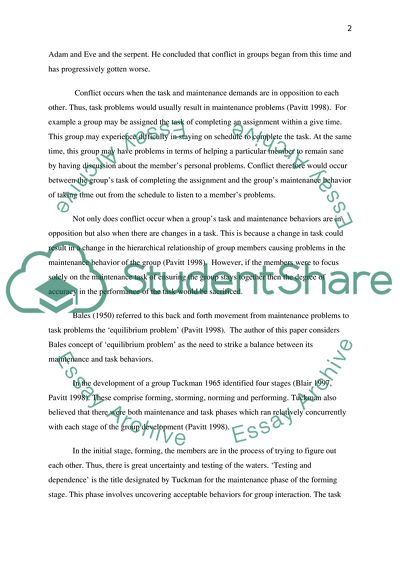Cite this document
(To Maintain Itself and to Perform Its Task Term Paper - 2, n.d.)
To Maintain Itself and to Perform Its Task Term Paper - 2. https://studentshare.org/psychology/1711103-organisational-behaviour
To Maintain Itself and to Perform Its Task Term Paper - 2. https://studentshare.org/psychology/1711103-organisational-behaviour
(To Maintain Itself and to Perform Its Task Term Paper - 2)
To Maintain Itself and to Perform Its Task Term Paper - 2. https://studentshare.org/psychology/1711103-organisational-behaviour.
To Maintain Itself and to Perform Its Task Term Paper - 2. https://studentshare.org/psychology/1711103-organisational-behaviour.
“To Maintain Itself and to Perform Its Task Term Paper - 2”. https://studentshare.org/psychology/1711103-organisational-behaviour.


